With over 1.5 million condominium units in Florida, 37% of which are in Broward and Miami-Dade counties, one would expect significant legislative action to enhance accountability for condo associations and managers, especially following the Champlain Towers collapse in Surfside nearly three years ago.
However, when Gov. Ron DeSantis signed the condo legislation into law on June 14, it happened quietly.
Aimed at Condominium Safety
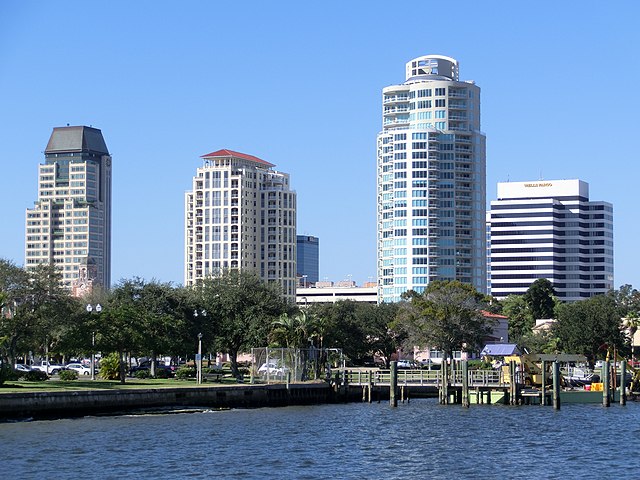
Wikimedia
He might have been trying to avoid backlash from condo owners.
Initially aimed at ensuring condominium safety through mandatory inspections and reserved funds for necessary repairs, the legislation was influenced by lawyers representing mixed-use condo buildings like the Miami Beach hotel and spa Carillon, which faced a $16.3 million judgment last year in favor of the condo association.
Who Does It Benefit?
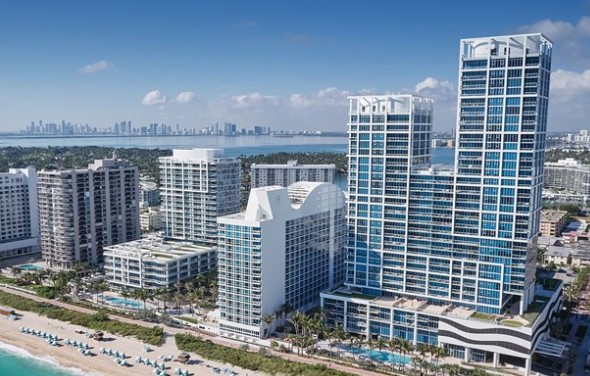
The new law benefits Carillon significantly.
Being retroactive, it allows Carillon to drop its court appeal and avoid the payment altogether. For the numerous residents of condo-hotels, where residential units and a hotel share space, the challenges of maintaining sufficient reserves and timely repairs may have worsened.
Lawsuits Impacted
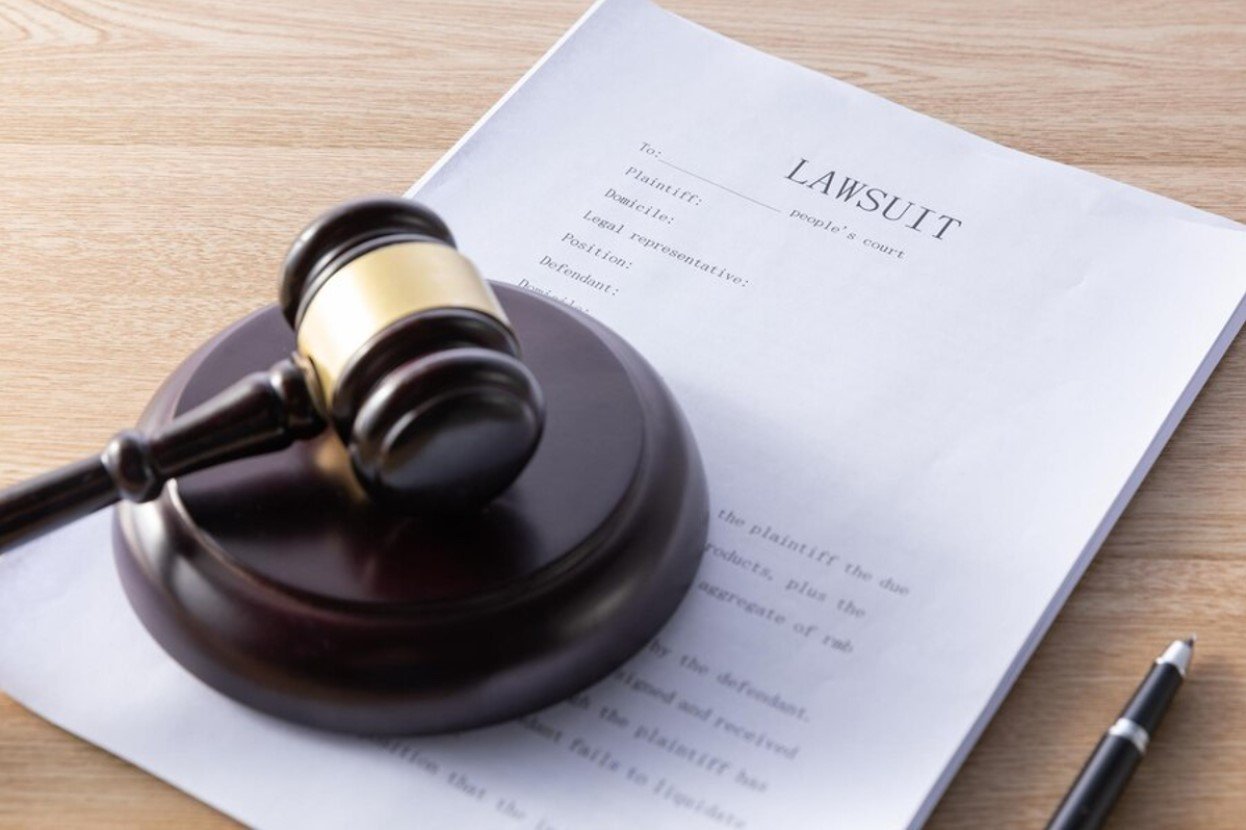
Carillon’s condo unit owners are considering a lawsuit once the law takes effect on July 1.
Other condo-hotel related lawsuits will also be impacted.
Lacking Clarity & Fairness
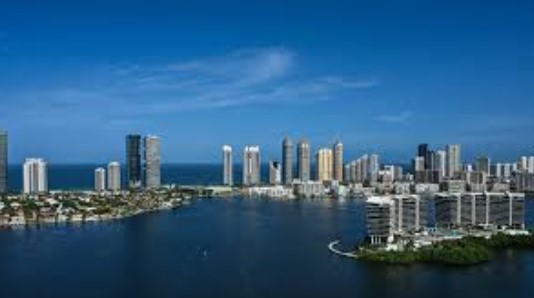
The clarity and fairness needed by condo dwellers and buyers are missing from the 154-page bill, which emerged after a late amendment during the 2024 legislative session.
The law potentially allows hotel developers in mixed-use buildings to exempt themselves from the state’s new structural integrity reserve study, mandated every 10 years, transferring the costs of common area repairs to condo owners.
Pay But No Say
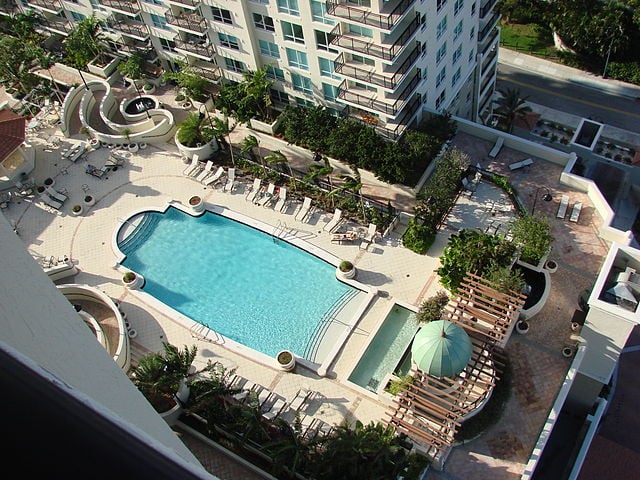
These owners will have to pay but won’t have a say in the size or cost of projects exceeding $10,000, such as swimming pools, elevators, lobbies, load-bearing walls, and fire sprinkler systems.
Attorneys representing condo associations interpret the law as passing the financial burden to condo owners without giving them voting rights on these expenditures.
Hotels & Developers Hold Control
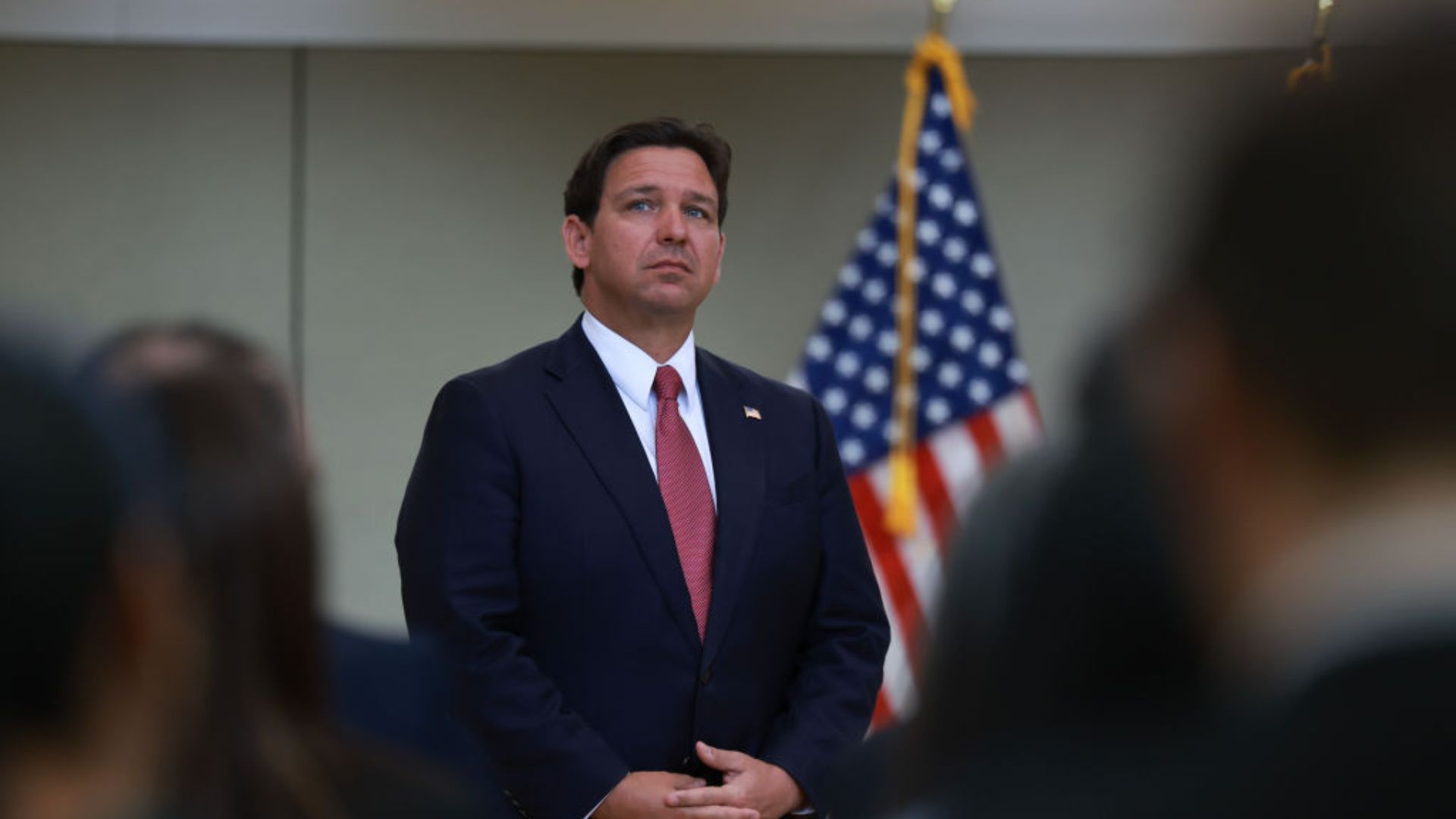
Stevan Pardo, an attorney for the Carillon condo associations, wrote to DeSantis criticizing the legislation for undermining the democratic governance of condo communities and placing control in the hands of hotels and developers.
This controversial perspective likely explains the subdued signing of the law by DeSantis.
Implications Not Intentional

State GOP Rep. Vicki Lopez, the bill’s sponsor, whose district includes Key Biscayne and downtown Miami, argues that the law was not intended to have such implications.
She asserts that “all condo buildings, including mixed-use condos, three stories and above, will be required to complete a structural integrity reserve study by 12/31/24,” as she texted the Herald.
Clarity Needed
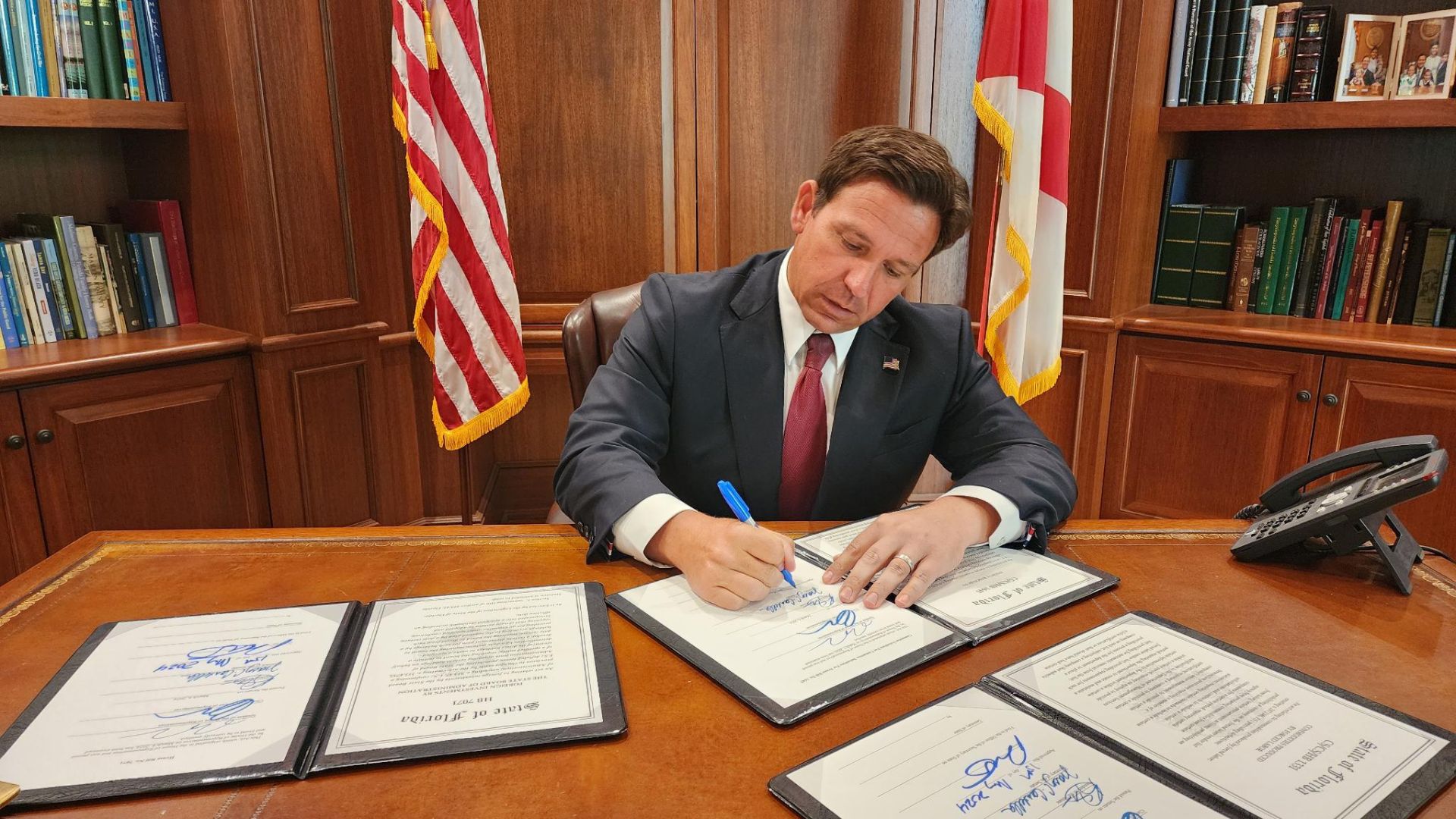
Lopez acknowledges the conflicting interpretations and intends to bring more clarity to the issue in future legislation.
The law, meant to ensure the structural soundness of condominiums and prevent tragedies like the Surfside collapse, includes many strong requirements.
Addressing Safety Issues
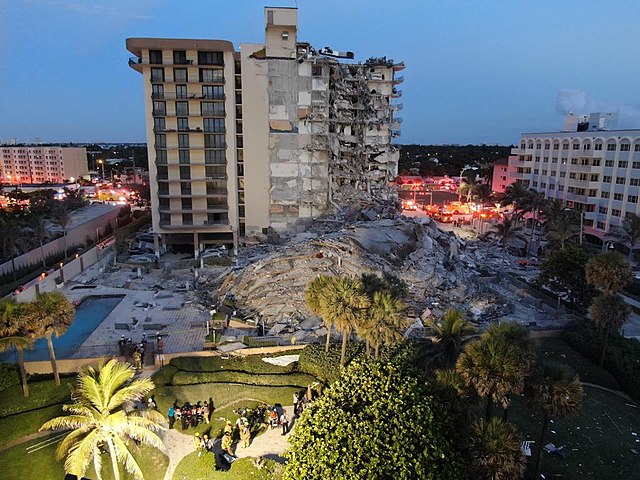
Legislation passed after the collapse mandates funding reserves to address various things.
These include structural issues and preventing condo associations from neglecting repairs, a common issue when unit owners voted against reserve funding.
Sharing Financial Responsibility

To address the current bill’s shortcomings, the Legislature should clarify that condo-hotels must participate in the decennial reserve studies.
It should also mandate that hotel owners maintain reserves for common area repairs under hotel control or establish a clear mechanism delineating the shared financial responsibility between condo associations and hotel operators.
Why Is Florida’s Condo Bill Such Big News?
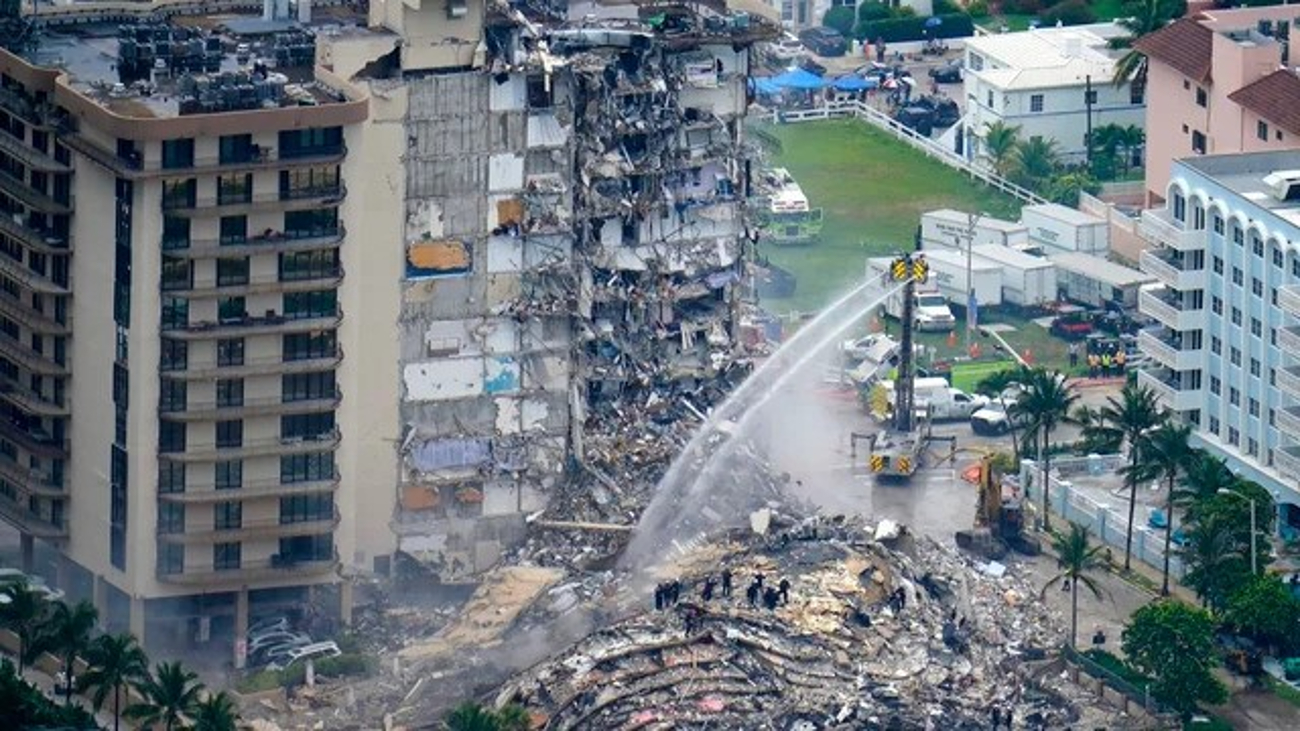
It’s important to understand that one of the reasons why DeSantis’ new condo bill has made headlines this week is because it was signed just three years after the Champlain Towers tragedy.
Just after 1:00 AM on June 24, 2021, the Champlain Towers, a 12-story condominium building in Surfside, Florida, collapsed in on itself, killing 98 residents.
The Investigation Beings

After the initial shock of the collapse, an investigation as to why the condominium tower collapsed began almost immediately.
The federal organization, the National Institute of Standards and Technology, put together a team and analyzed court records, maintenance logs, before and after photographs, eyewitness accounts, bystander videos, and condo board meeting minutes to find out what really happened at Champlain Towers.
What Did the NIST Find at Champlain Towers?
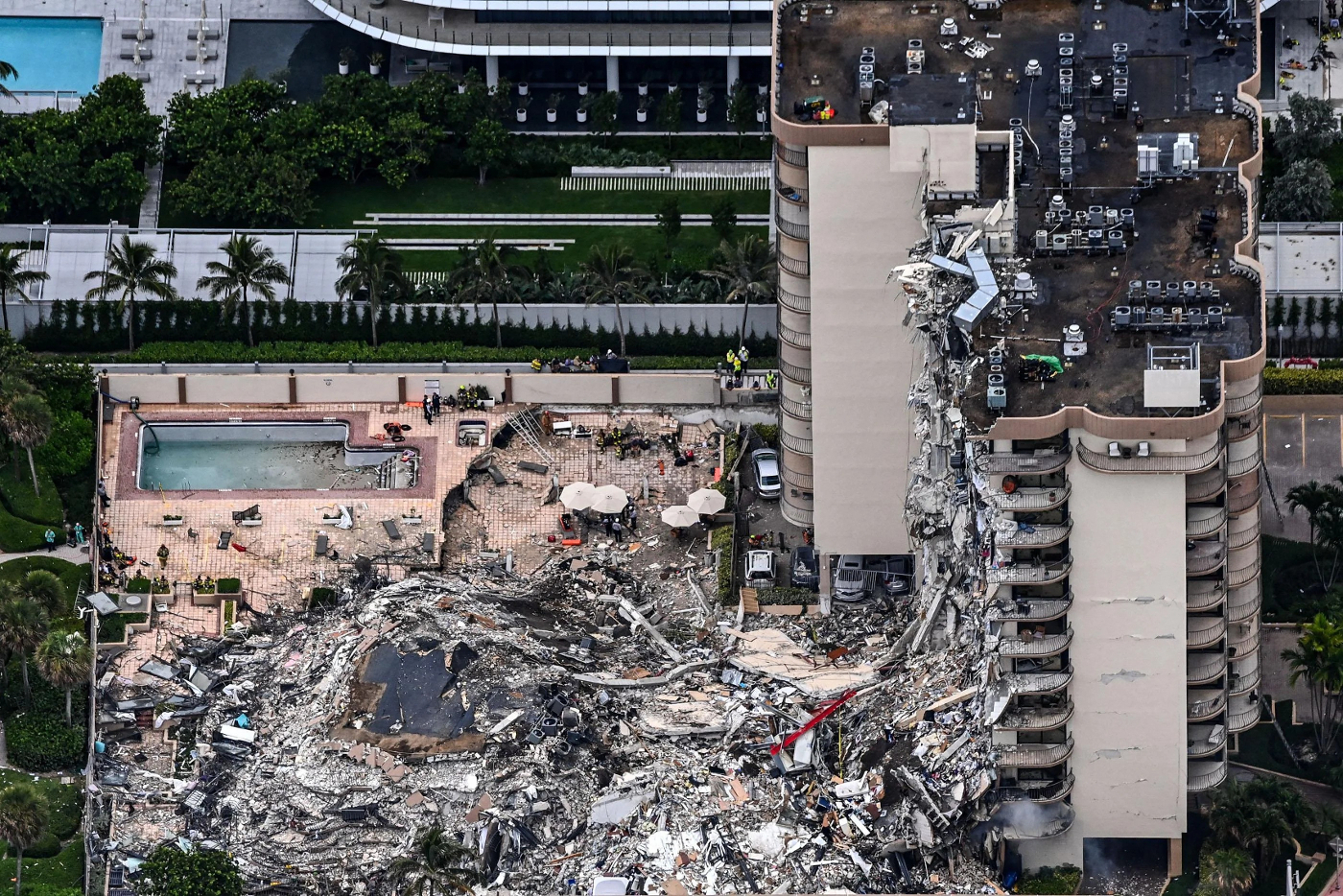
One of the first things the NIST noted at the now-collapsed building site was that the pool deck and the columns supporting it were made using concrete far weaker than what the building codes required.
They also noticed that the planters around the pool deck added excessive weight, causing the already weak concrete to splinter. As well, they said water from the pool deck had leaked down, corroding the steel in the support columns.
The NIST Believes the Pool’s Design Is to Blame
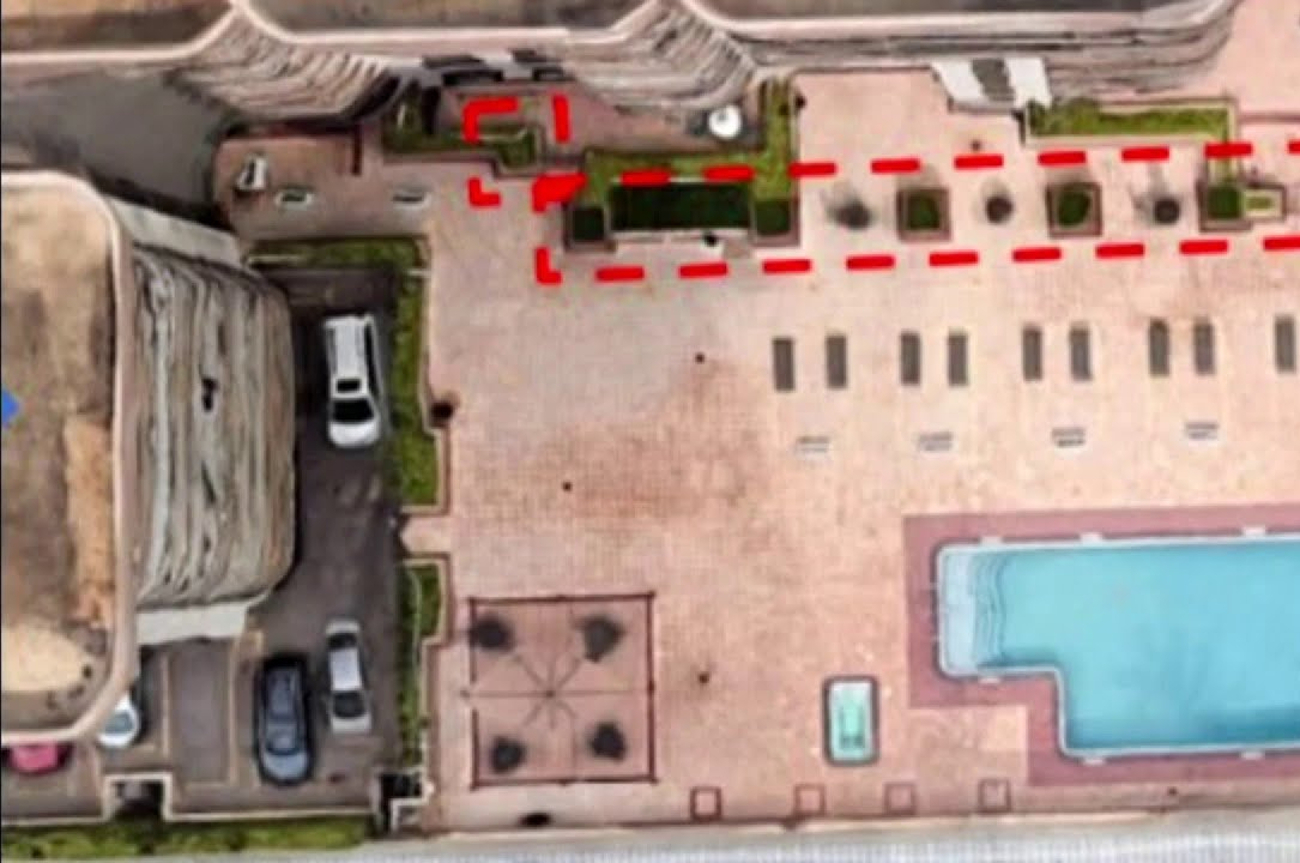
Glenn Bell, the NIST co-lead investigator, explained, “There is strong evidence that the collapse initiated in the pool deck.”
However, he also said they still don’t know for sure: “We have not yet ruled out a failure initiation in some part of the tower.”
The NIST Has Spent $30 Million on Its Investigation
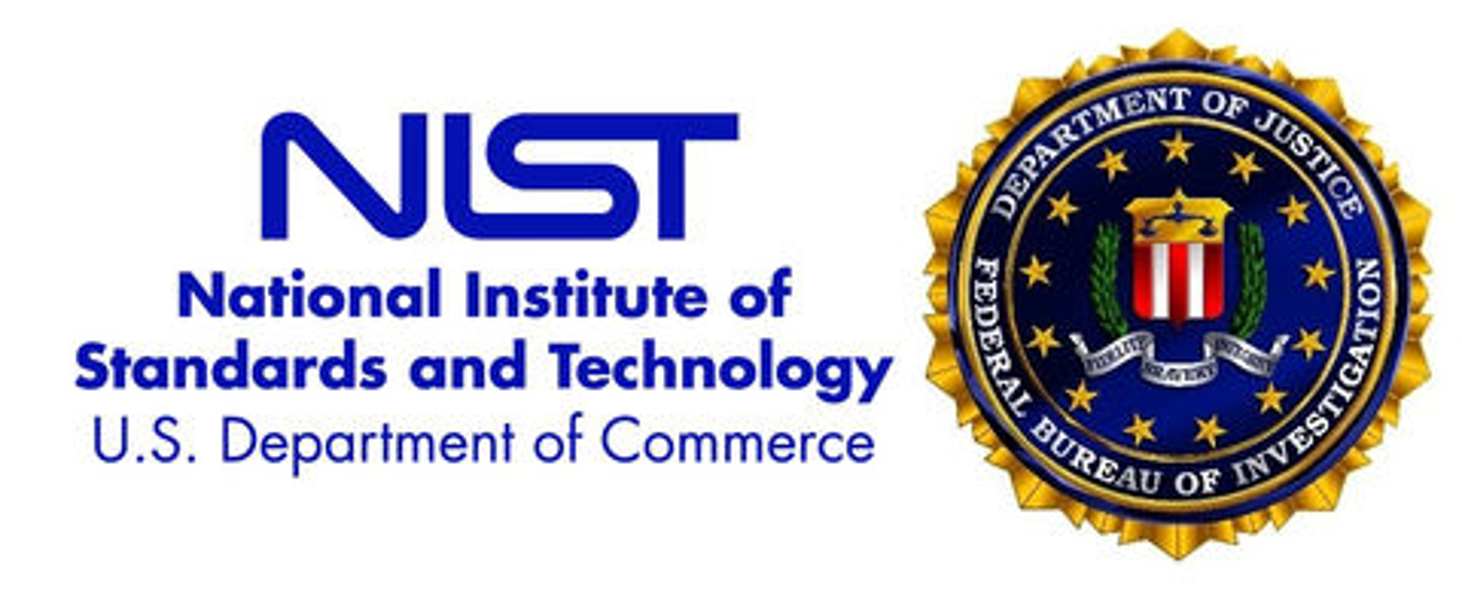
Bell made that statement in March 2024, nearly three years after the tragedy occurred. Even now, several months later, the NIST has yet to release a finalized answer as to why the building collapsed.
Altogether, the NIST has spent $30 million investigating the Champlain Towers accident. And while some say that’s too much to spend, Bell argues that it is extremely important that they find out exactly what happened that day to stop it from happening again.
Investigators Found Numerous Design and Construction Flaws
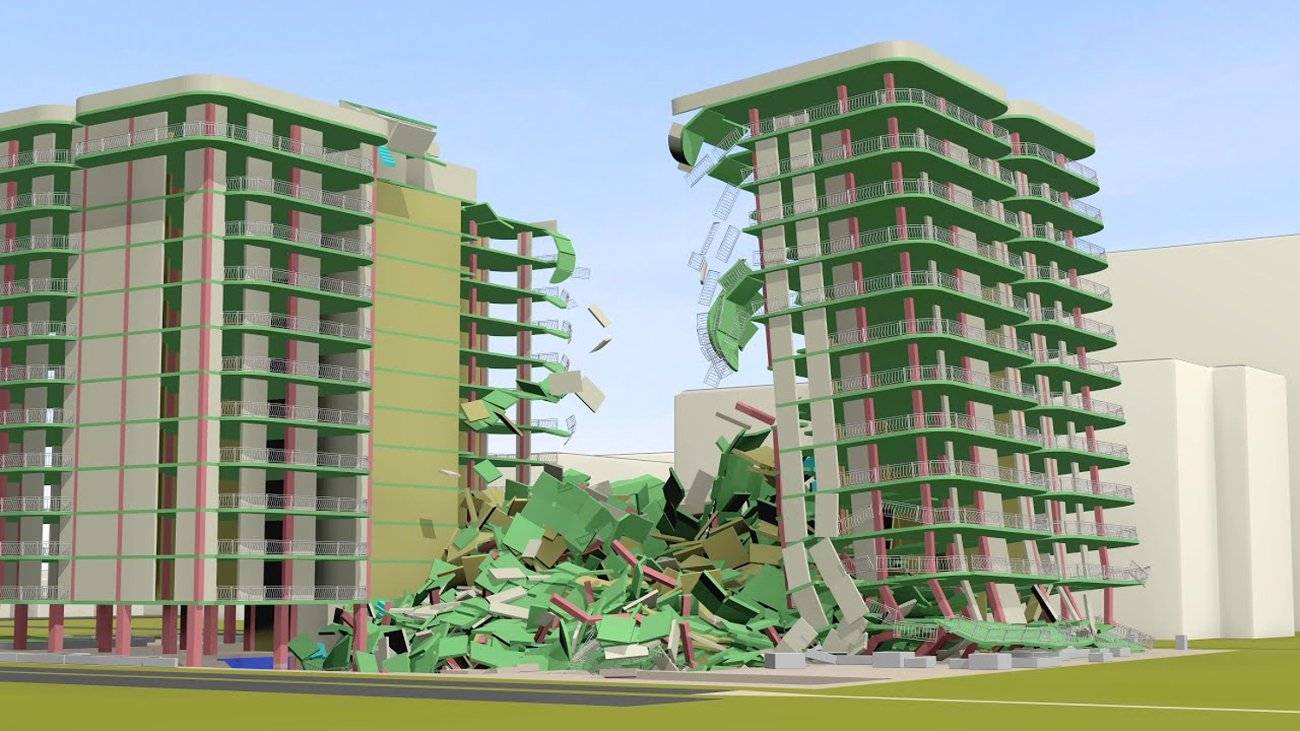
Although they have yet to find the exact answer as to why the building collapsed, the NIST team has reported several areas in which the construction and design of the Champlain Towers building failed to comply with state regulated building codes.
Bell has noted that he and his team will release their official report in 2025. But those living in the Champlain Towers during the time of the accident weren’t going to wait for that report.
Taking Their Case to Court
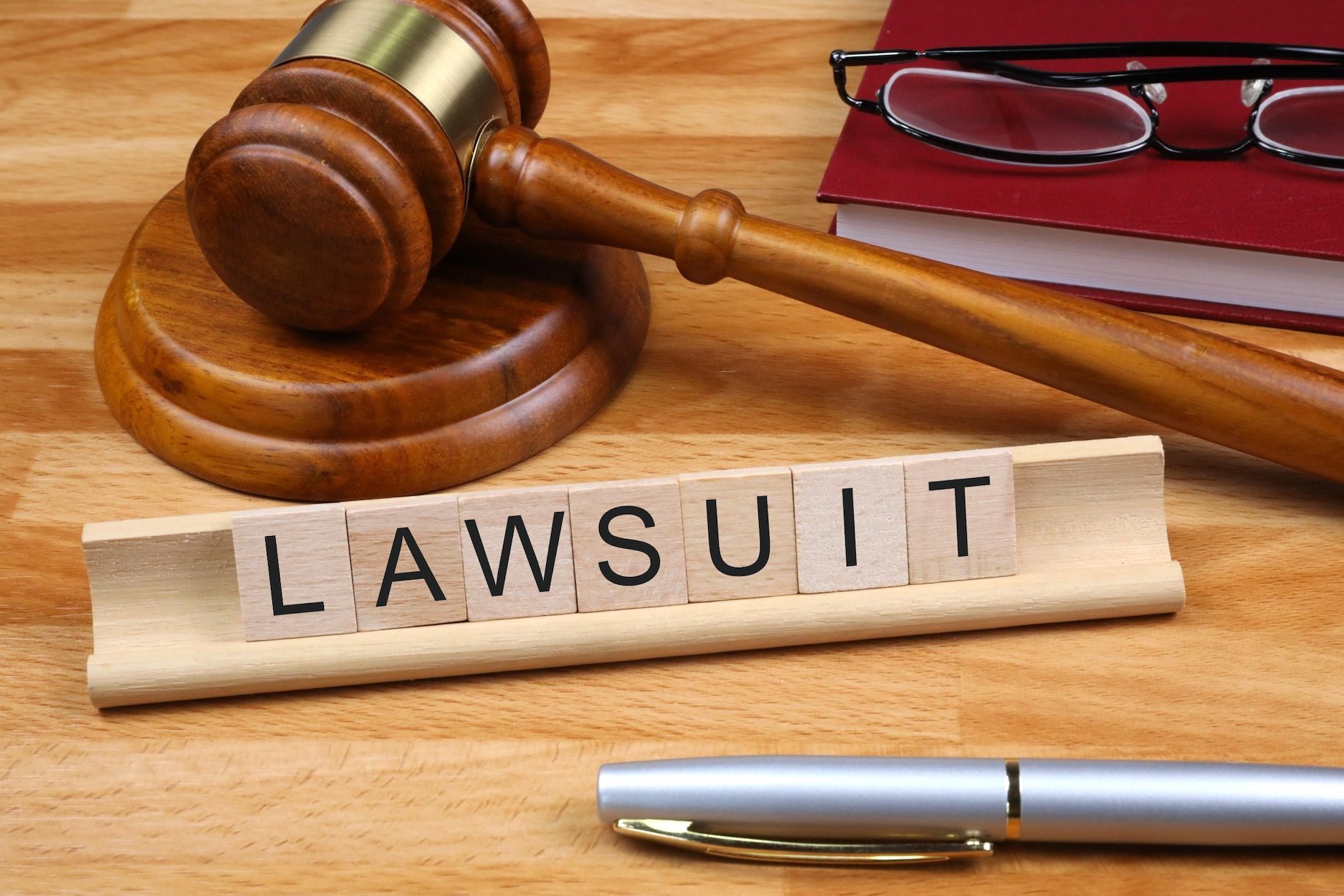
Almost immediately after the accident, the surviving residents and the families of the victims of the Champlain Towers accident filed a class-action lawsuit against the development and construction companies of the building.
In May 2022, almost exactly a year after 98 people were killed in the collapse, the development company settled for a whopping $997 million.
Even the Judge Was Excited by a $1 Billion Settlement
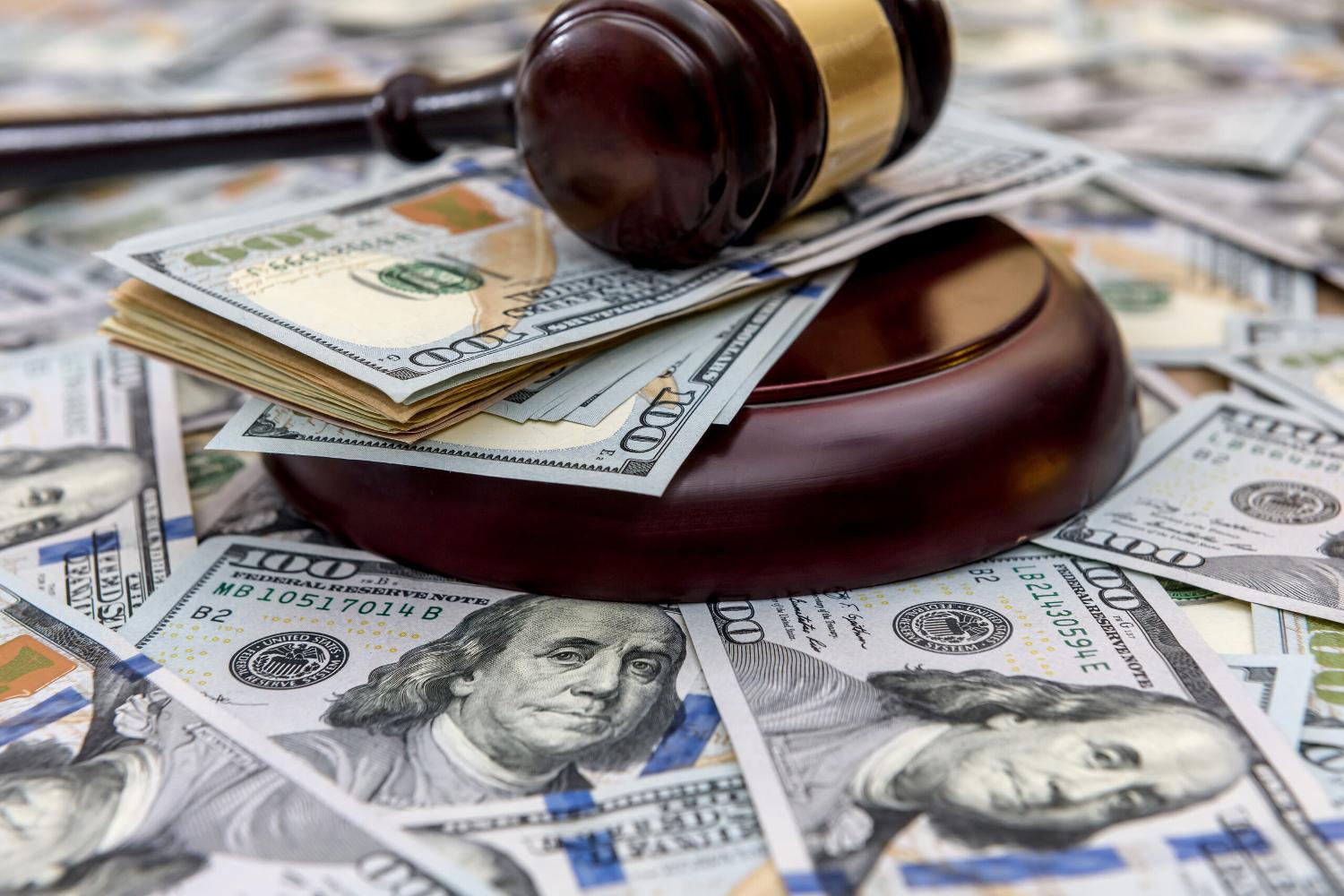
When the defendants announced that they would settle with the victims of Champlain Towers for almost $1 billion, the survivors were certainly pleased with the outcome.
Even the judge was thrilled; Miami-Dade Circuit Court Judge Michael Hanzman said in a statement, “I’m shocked by this result — I think it’s fantastic.”
Trying to Blame the Condo Association
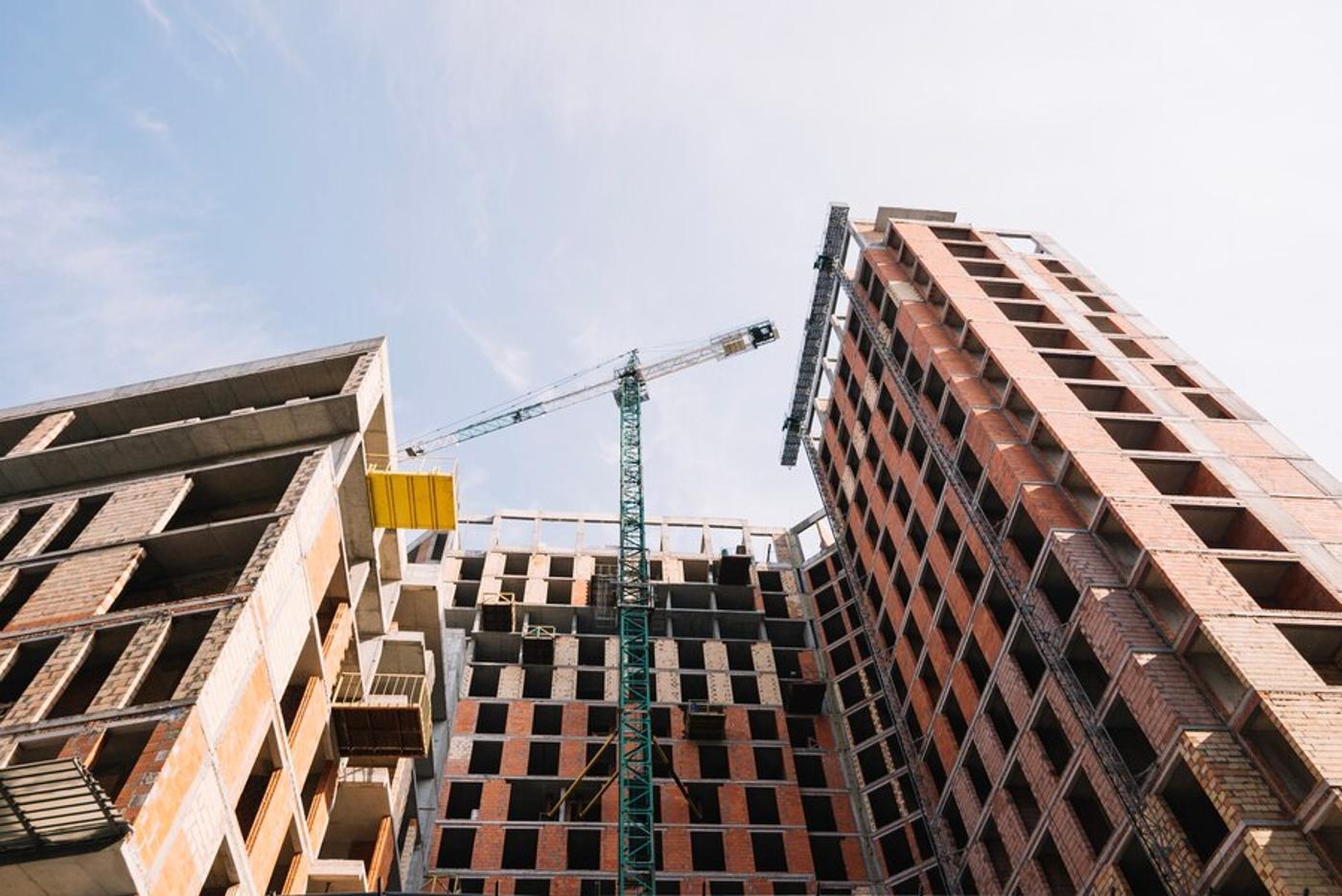
While the condo residents won their case, before the settlement was reached, the developers did try to momentarily blame the condo association for not keeping up with renovations around the building.
Of course, it has since become clear that the building’s original construction caused the collapse. But this debate had already started the whole conversation about condo-hotel responsibility.
The Champlain Case Sheds Light on the Ongoing Condo Legislation Debate
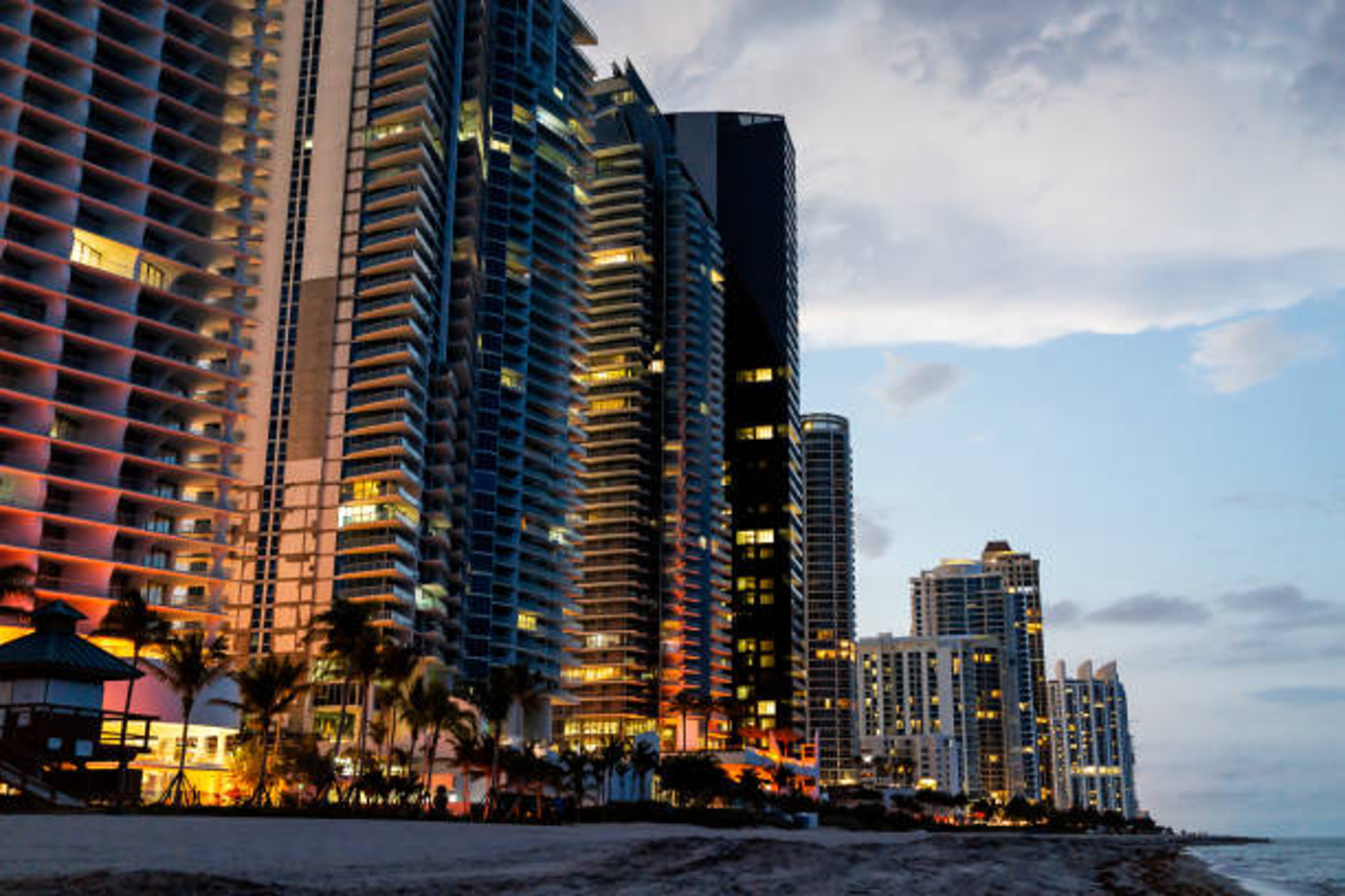
DeSantis’ recently passed condo bill essentially transfers the responsibility to the building owners to ensure everything is up to code, which, in theory, is a good thing.
That means the condo associations cannot be blamed in future cases if something goes awry. However, it’s not that simple.
Controversy for DeSantis’ Condo Bill

That’s because the bill also states that while building owners are required by law to keep the building safe, they can and will charge the condo-owners for those repairs.
The concern among condo owners is that these companies will spend tens of even hundreds of thousands of dollars on unnecessary repairs, like a new gym, pool, or other amenities, and then charge them for it.
DeSantis Facing Backlash… Again
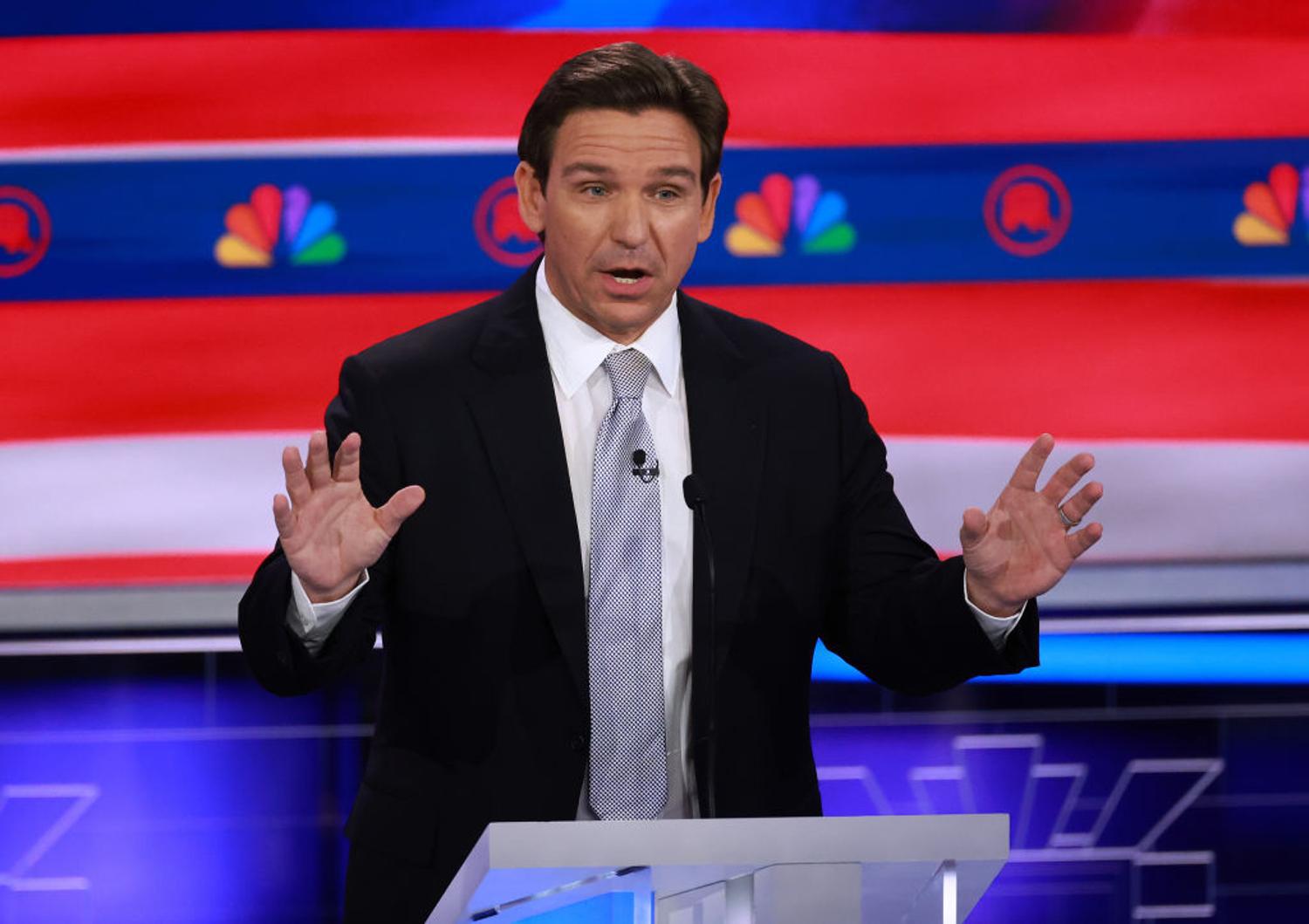
DeSantis is certainly in the hot seat right now for secretly signing the new condo bill. However, the Republican governor is no stranger to controversy.
While he was certainly the popular choice when he was elected in 2018 and then re-elected in 2022, as of right now, only 50% of Floridians are happy with the recent decisions DeSantis has made for the state.
DeSantis May Have a Million More Enemies
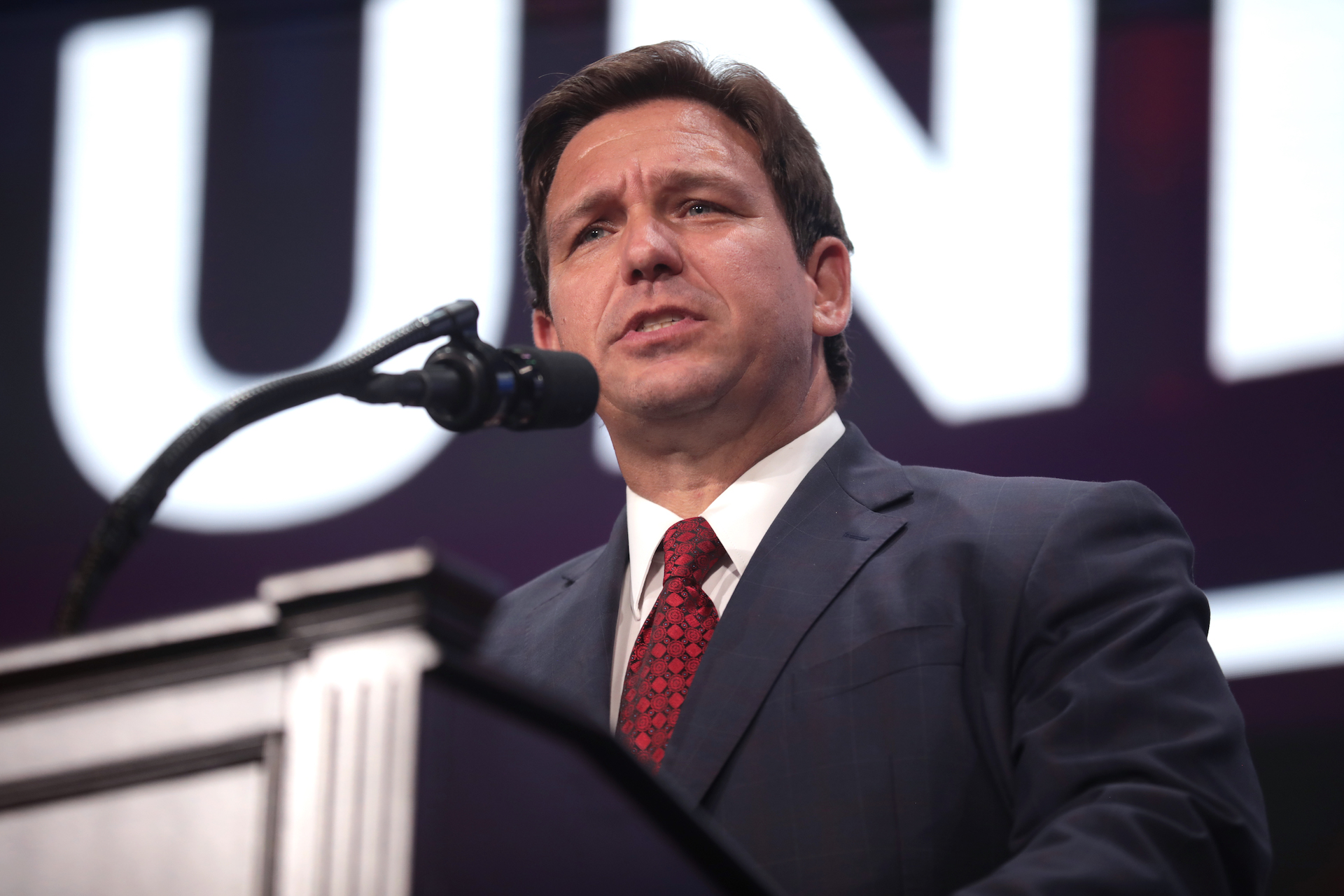
Now, with this latest controversial bill, support for DeSantis could have decreased even further. The 1.5 million Floridians who live in condos are certainly less than pleased with the governor.
Hopefully, for DeSantis and millions of Florida residents, he will respond to the backlash and make the necessary adjustments via amendments to the new condo bill to keep everyone happy or at least content.








































